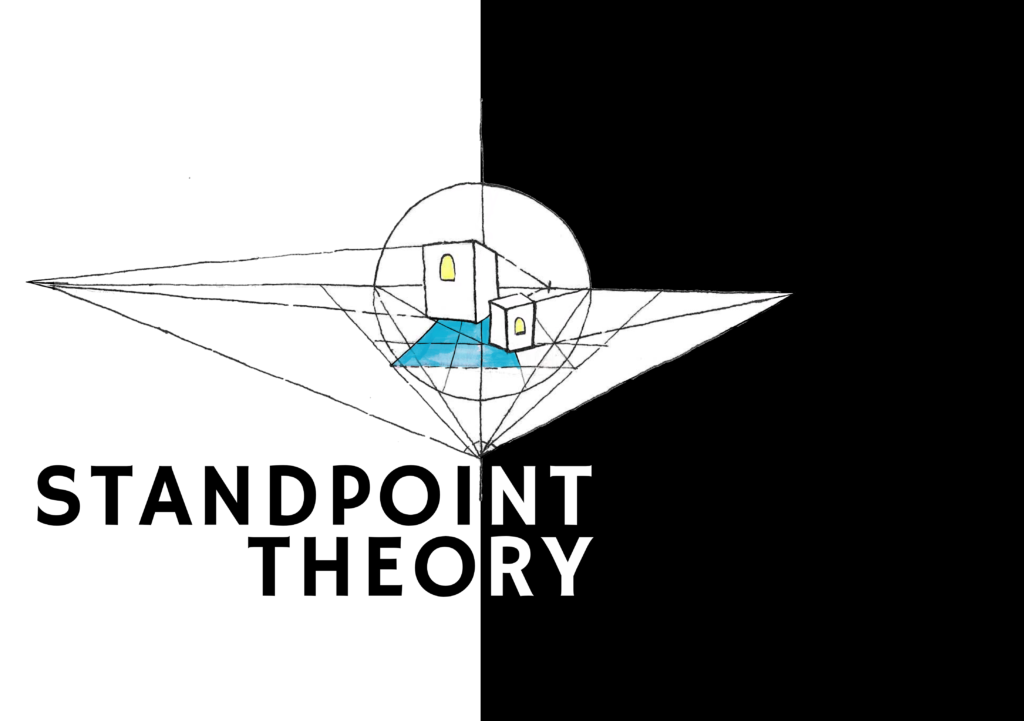About the Project
Standpoint theory has proven to have enduring significance. It has long been one rationale for “starting inquiry from the margins” in traditions of participatory action research and community-based collaborative practice. It has deep roots in Marxist theories of knowledge, and also in feminist and critical race analyses of the epistemic causes and consequences of entrenched social inequality. It continues to be enormously generative for understanding the impact of transformative critique on scientific inquiry. And it has a growing presence in analytic philosophy, as epistemologists reckon with the significance of social/contextual features they have tended to disregard.
The insights of standpoint theory are also getting uptake outside the academy. They figure with increasing frequency in public debate—sometimes vigorously affirmed, and sometimes just as vigorously contested. An instructive example is the controversy generated by Sotomayor’s much-quoted claim that “a wise Latina woman with the richness of her experiences” might well reach better conclusions “than a white male who hasn’t lived that life.” While critics dismissed this appeal to lived experience as evidence of partiality or distortion, Sotomayor’s defenders objected that the seemingly neutral, impartial epistemic norms her critics take to be self-evident are deeply configured by systemic racism and sexism. Moreover, as any number of high-profile political debates make clear, at this juncture standpoint claims are not made exclusively by those on the margins, nor are they consistently rejected by those with power. As Appiah observed, “if lived experience was once viewed as a way to speak truth to power, power has learned to speak ‘lived experience’ with remarkable fluency” (The Guardian, 14 November 2020).
In short, standpoint theory is as relevant—and as complex—today as ever. Clarifying its main claims and identifying new paths forward is crucial if standpoint theory is to serve the liberatory ambitions that inspired it; it must be responsive to the dangers of “elite capture” if it is to avoid being used a tool for the socially dominant. Philosophy has much to offer on this score, and now that “standpoint epistemology” is being taken up with enthusiasm by philosophers, this is an especially crucial juncture for a look back and a look forward. With this in mind, we have been interviewing scholars who played a pivotal role in the development of standpoint theory; look for news of the podcasts we’ll be basing on these conversations. We also organized a two-day workshop in November 2023 that brought together colleagues working on standpoint theory and related topics in social epistemology, political theory, and philosophy of science among other areas.

Standpoint Theory Working Group
Alex Bryant, Karoline Paier, Emily Tilton, Alison Wylie
Department of Philosophy
University of British Columbia
